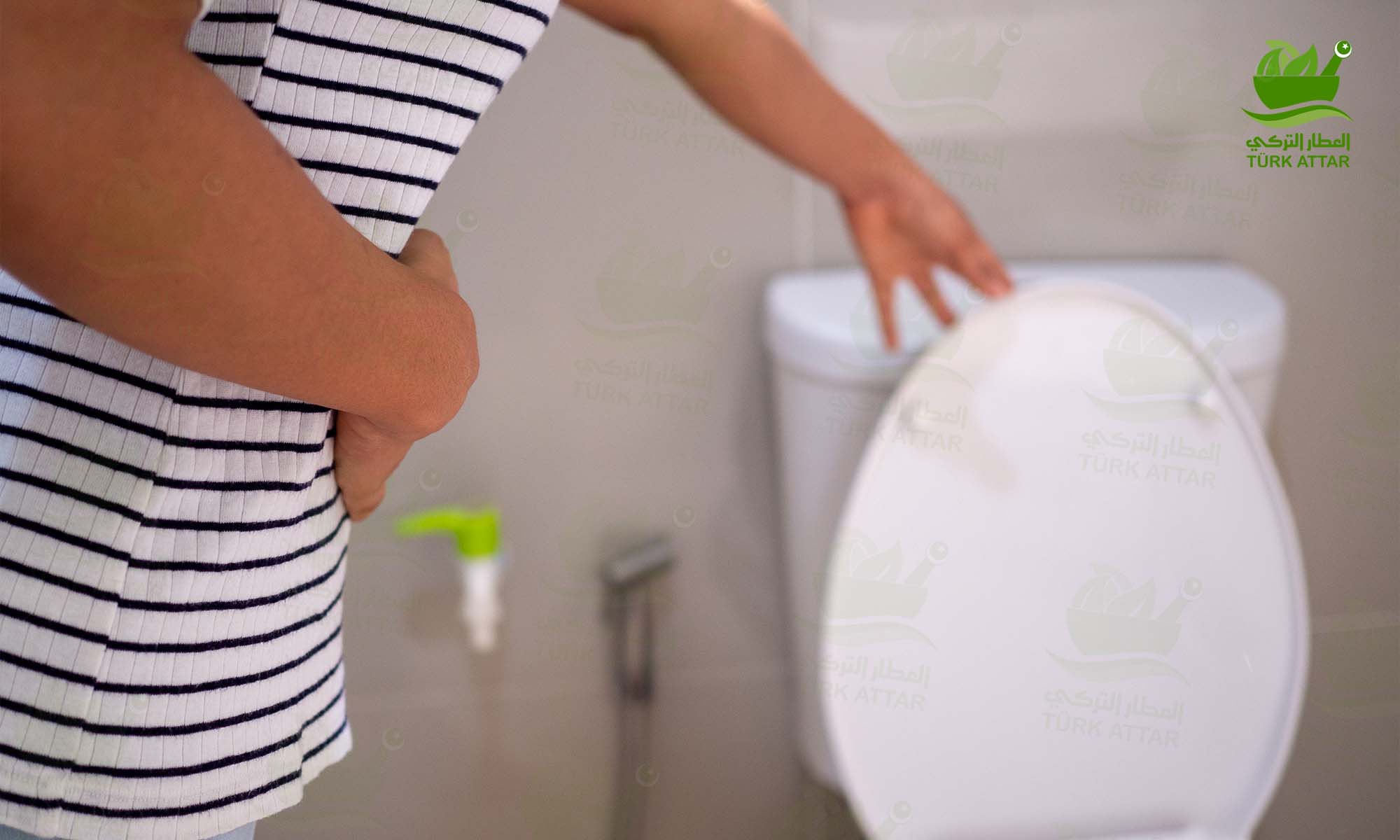
يُعرَّف الإسهال الذي يستمر أكثر من أسبوع بأنه إسهال مزمن. يمكن أن يكون للإسهال المزمن أسباب عديدة. قد تكون العوامل العائلية والبيئية والحالة الفسيولوجية للمريض مؤثرة.
الإسهال المزمن
من بين أسباب الإسهال المزمن خاصة عند الأطفال، تنتشر الأميبا والجيارديا والديدان المعوية وحساسية حليب البقر والسالمونيلا.
إذا نظرنا إلى عوامل أخرى نجد ما يلي: الداء البطني، عدم تحمل اللاكتوز، مشاكل امتصاص الفركتوز، فقر الدم الخبيث، اضطرابات إفراز البنكرياس، متلازمات الأمعاء القصيرة، التليف الإشعاعي، بعض الأدوية، التهاب القولون التقرحي، داء كرون الطفيلي.
يمكن أن يصاب الناس بالإسهال المزمن بسبب واحد أو أكثر من هذه الأسباب. إن الوقاية من هذه الأسباب أو الأسباب تمنع تطور وشدة الإسهال المزمن.
الإمساك
وهو اضطراب يحدث عندما تكون حركات الأمعاء لدى الشخص غير منتظمة. على الرغم من أنه يعتمد على أسباب مختلفة، إلا أنه موقف يوجهه الجميع تقريبًا بشكل عام.
هناك عدة أنواع من الإمساك. يحدث الإمساك الناجم عن اضطراب الجهاز العصبي المركزي في وجود مرض متعلق بالجهاز العصبي المزمن. الأدوية المستخدمة أثناء علاج هذه الأمراض تسبب الإمساك.
الإمساك بسبب ضعف منعكس التغوط، والتهابات الأمعاء مثل البواسير، والخراجات، والتضيق، والاستخدام غير الصحيح والمهمل لملينات الأمعاء، والتهابات داخل البطن، وظهور فقدان الماء في الجسم يمكن أن يؤدي أيضًا إلى الإمساك.
من ناحية أخرى، فإن الإمساك الميكانيكي هو حالة ناتجة عن فقدان السوائل، وهو أحد الأسباب المعروفة للجميع. يؤدي انخفاض الحجم الناجم عن انخفاض كمية الماء المحبوس في البراز إلى التغوط المؤلم.
كما أن كسل عضلات الأمعاء أو عضلات البطن لدى الشخص هو أحد أسباب الإمساك.
يجب التأكيد على أن عدم القدرة على الذهاب إلى المرحاض كل يوم ليس من أعراض الإمساك. تختلف أعراض الإمساك من شخص لآخر. في حين أن التبرز ثلاث مرات في اليوم يعتبر أمرًا طبيعيًا لدى بعض الأشخاص، فقد يُعتبر من الطبيعي أن يتغوط البعض ثلاث مرات في الأسبوع نظرًا لخصائصهم الفسيولوجية. ومع ذلك، إذا كان الشخص قد تغوط أقل من ثلاث مرات في الأسبوع في الأشهر الستة الماضية، فهناك ألم وتورم في البطن، وقطع صلبة وصغيرة من البراز، وألم وحرق حتى مع إجهاد طفيف يمكن اعتباره من أعراض الإمساك.
